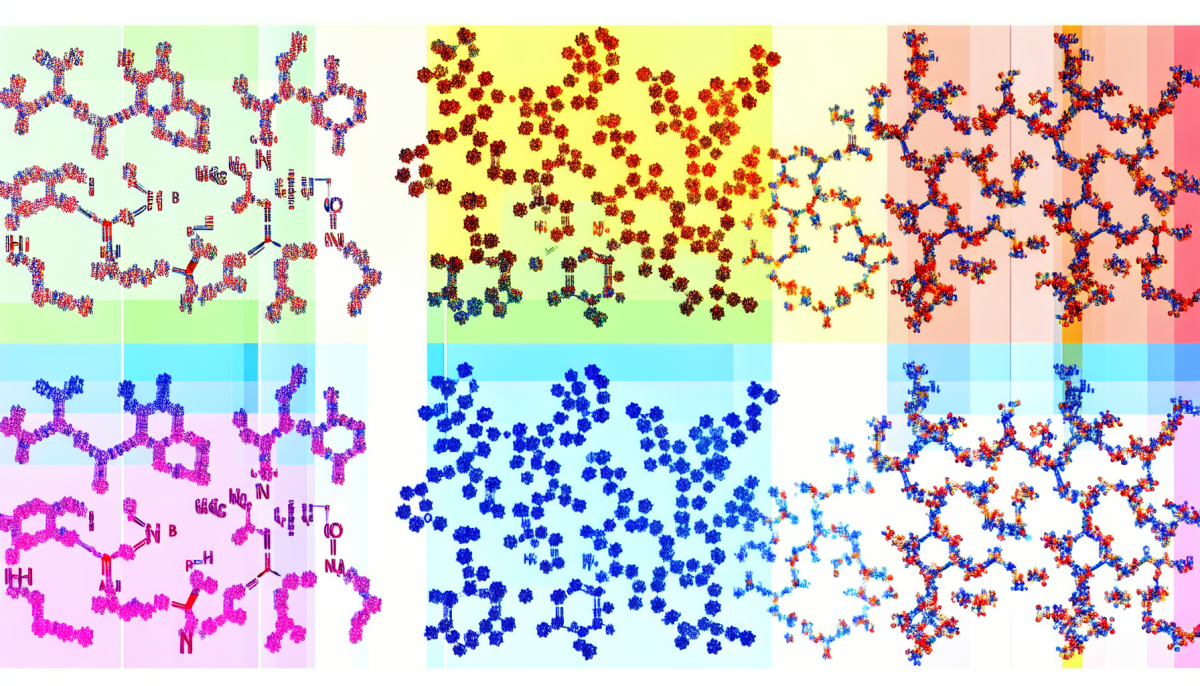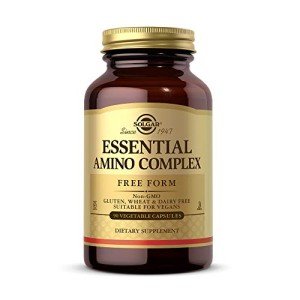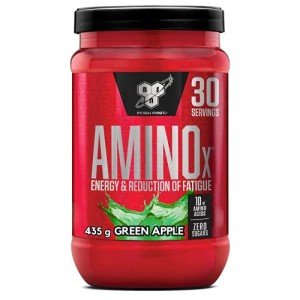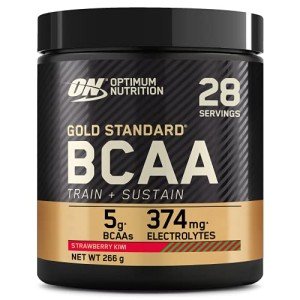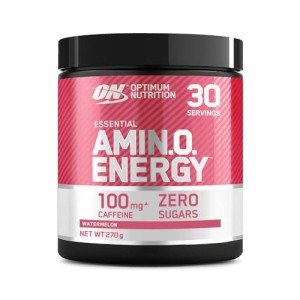When diving into the world of Essential and Non Essential Amino Acids, it’s vital to get a grip on what essential amino acids are and why they matter. Essential amino acids are those that your body can’t produce on its own. This means you have to get them from your diet. Think of them as the building blocks of protein—without them, your body can’t function at its best!
There are nine essential amino acids that you should be aware of:
Getting these essential amino acids in your diet can be pretty straightforward. You can find them in foods like meat, fish, dairy, eggs, and certain plant sources like quinoa and soy. If you’re vegetarian or vegan, just ensure you're balancing your meals to include a variety of these proteins to cover all the bases!
Understanding how Essential and Non Essential Amino Acids work can help you make smarter choices about your nutrition. Knowing which ones are essential will guide you in picking the right foods or supplements, so you’re always energized and ready to go!
What Are Non Essential Amino Acids
Non-essential amino acids are the ones your body can produce on its own, so you don't necessarily need to get them from your diet. Think of them as the DIY kind of amino acids! While they’re not called “essential,” they still play an important role in keeping your body functioning well.
These amino acids are involved in many vital processes. They help with building proteins, supporting muscle recovery, and even keeping your immune system in check. Some common non-essential amino acids include:
Even though they’re non-essential, it’s still good to keep an eye on your overall amino acid intake. Your body has a way of balancing itself, but certain conditions, stress, or intense workouts might make it beneficial to focus on foods that help support these amino acids. Pairing your meals with a balanced plate of proteins, carbs, and healthy fats can be a great way to ensure you're covering all your bases when it comes to essential and non-essential amino acids.
Benefits of Essential Amino Acids
Essential amino acids are a game-changer when it comes to overall health and wellness. Unlike non-essential amino acids that the body can produce on its own, essential amino acids have to come from the foods we eat. This means getting a good mix of them is super important for our daily functions.
One major benefit of essential amino acids is their role in muscle repair and growth. If you’re hitting the gym or just want to keep your muscles healthy, eating foods rich in essential amino acids can help you recover faster after workouts and build lean muscle. Think of them as the building blocks that keep your body strong and energized!
Additionally, essential amino acids support immune function. Your body relies on these amino acids to produce proteins that play a big part in keeping your immune system in check. This means that getting enough essential amino acids can help you stay healthy and fend off those pesky colds and flu.
Lastly, let's not forget their role in mood regulation. Some essential amino acids are precursors to neurotransmitters like serotonin and dopamine, which can affect your mood and mental well-being. By ensuring you're getting enough essential and non essential amino acids, you’re also investing in a happier you!
Getting Amino Acids Through Your Diet
Getting enough amino acids through your diet is key to keeping your body in top shape. Essential and Non Essential Amino Acids play different roles, and they can be sourced from a variety of foods. Understanding how to incorporate these into your meals makes it easier to meet your body's needs.
Essential amino acids are ones your body can’t make on its own, so you need to get them from your diet. Foods like meat, fish, eggs, and dairy are rich in these important nutrients. But if you're looking for plant-based options, don’t worry! Quinoa, chia seeds, and soy products like tofu also provide all the essential amino acids. So, whether you’re a meat lover or a veggie enthusiast, you’ve got options!
On the other hand, Non Essential Amino Acids can be produced by your body. These can still come from food, but you don’t necessarily need to stress about getting them every day. Foods like nuts, beans, and legumes have these amino acids, which can help support muscle recovery, support the immune system, and contribute to your overall health.
Balancing your meals to include a mix of protein sources can help you hit the right levels of both essential and non essential amino acids. Try to incorporate different types of proteins throughout your week—mix if you're exploring vegan options with dairy or meat at different meals. Keeping variety is more delicious and ensures you’re getting a well-rounded intake of what your body craves!
